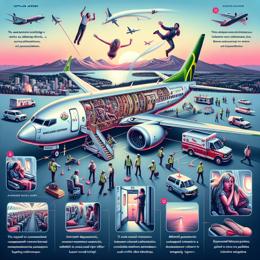Image: AI generated for illustration purposes
Emergency Landing of Aeroflot Boeing-737 Highlights Safety Challenges in Russian Aviation
An Aeroflot Boeing-737, carrying 422 passengers, executed an emergency landing in Yuzhno-Sakhalinsk following departure from Moscow due to chassis issues. Despite the harrowing incident, the pilots expertly guided the aircraft to a landing without further incident. The 408 passengers and 14 crew members on board were unharmed, and experts promptly identified the technical fault and began the remediation process.
This event sheds light on the ongoing challenges within Russian aviation as the country grapples with an International Civil Aviation Organization (ICAO) "red flag" rating. This status, shared only by three other nations – Bhutan, Congo, and Liberia – signals profound shortcomings in flight safety standards and practices. For Russia, the attribution of this rating is reflective of a broader crisis in an aviation industry that is heavily reliant on foreign-made aircraft.
Compounding the challenges facing Russian airlines is the sharp reduction in their fleets. From an estimated 900 airplanes in early 2022, the count dangerously dwindled to less than 800 within a year, with further decline anticipated as the reliance on Western-manufactured craft becomes untenable. Among the diminished fleet, only 150 aircraft are of Russian make, yet these models are beset with reliability concerns, casting doubts over their operational safety.
Russian carriers are cornered by the dire situation to make decisions that could compromise air safety. Options are limited to stripping aircraft for parts or resorting to unverified third-party components. The withdrawal of insurance services and embargoes on spare parts further exacerbates the situation, leading to beleaguered operational capabilities of the airplanes.
The Ministry of Transport of the Russian Federation has reached a critical point, sanctioning the repair of foreign aircraft with any available resources, including the usage of non-certified parts. This directive underlines the severity of the crisis, with at least 50 planes, representing 25% of flagship carrier Aeroflot's fleet, grounded due to the inability to source the necessary spare parts.
Despite the emergency landing being managed without casualties, the incident heightens the scrutiny on Russian aviation safety policies and practices. This event will inevitably act as a catalyst for deeper analysis and response to a faltering aviation industry that continues to navigate through an era characterized by sanctions, technical obstacles, and safety challenges.








